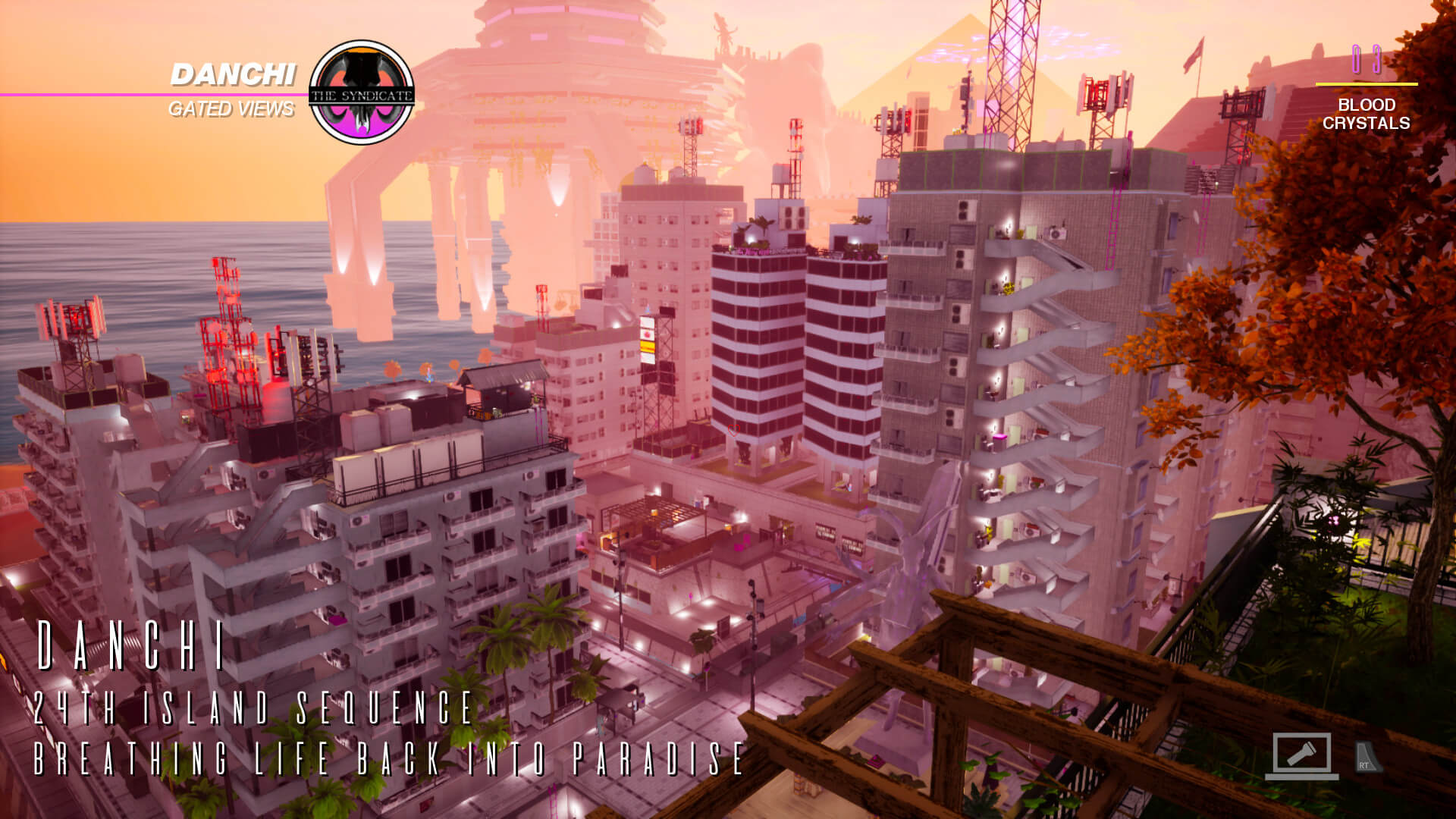

"Giving players this power was bold, but necessary. "It has to respect the player, it has to give you freedom, and limitations should be minimal," recalls Crabtree. (Image credit: Kaizen Gameworks) (opens in new tab) Luckily, Oli is really good at following the vision." If something wasn't working, the pair would always go back to the fundamentals of what they wanted the game to be, which Smith established early on and the team stuck to religiously. "It sounds simple enough, but tying all those things together, and making it feel satisfying, was really hard. "Giving players the ability to accuse anyone was a tricky thing to do," says Crabtree.

It was lucky we got a publisher deal when we did." This game should have come out in 2019, but if it did, it would've been pretty junk. "We only had a short amount of time to ship it because we were using our savings. "It took us ages to find out what the game was," he says.

Kaizen didn't set out to reinvent the genre it just happened, and soon it had a non-linear murder mystery on its hands. This is when Paradise Killer began to mutate into a detective game. But it wasn't hugely satisfying, and so we decided we needed a bunch of systems in there to support that." The game is afoot You were speaking to people and piecing together, in your own mind, what you thought the story was about and what happened. "It was more of a walking simulator in this deserted town. "Originally the trials weren't in the game at all," remembers Smith. The game doesn't even tell you if you were right or not.

You might pin the crime on the wrong person, and if you do, you have to live with it. In Paradise Killer, you can trigger the final trial whenever you like, using the clues you've gathered up to that point. Smith wanted to take the investigation elements of Danganronpa, where you explore a 3D space, talk to people, and gather evidence, but broaden the scope, letting you present your evidence at any time.


 0 kommentar(er)
0 kommentar(er)
